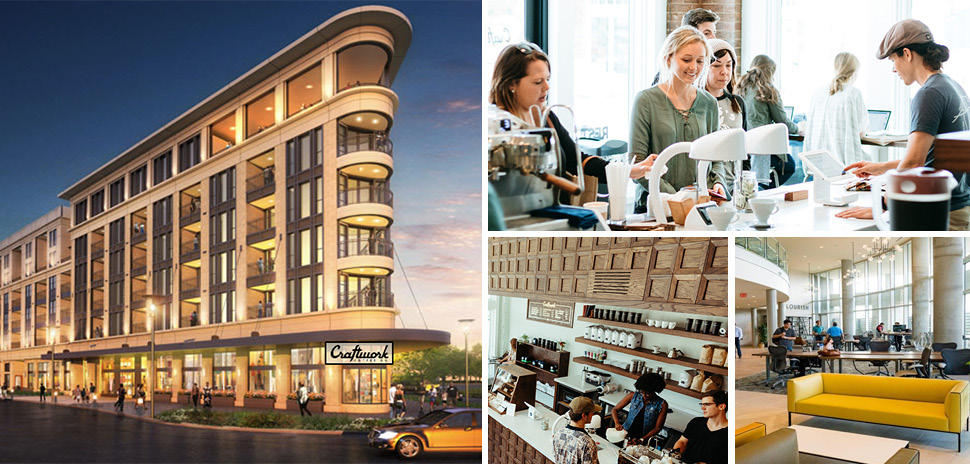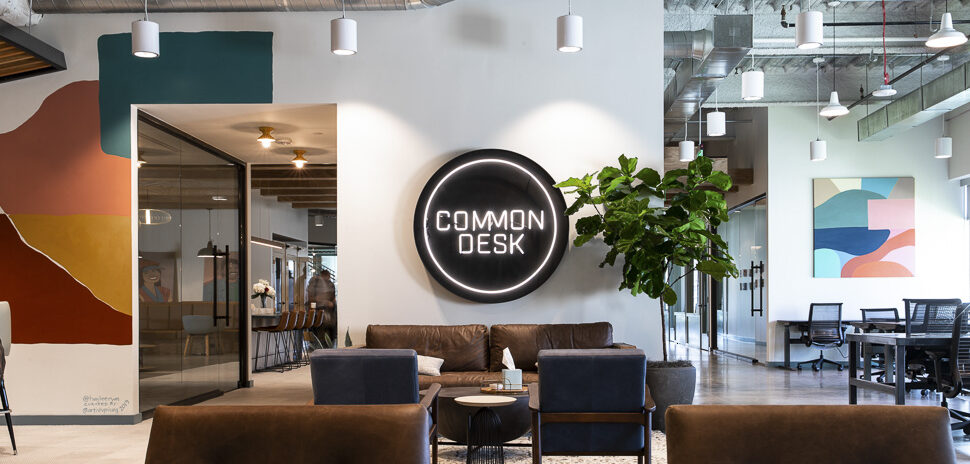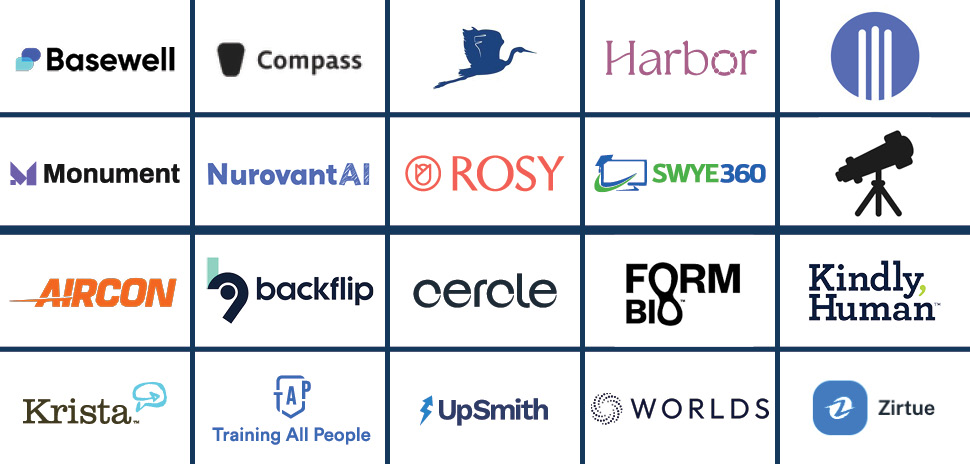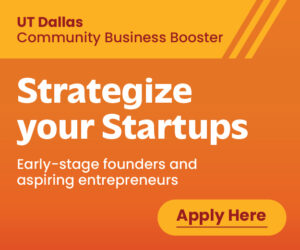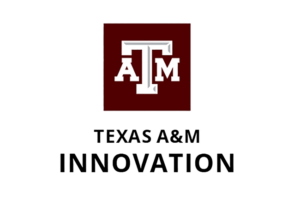Fort Worth-based coworking and coffee company Craftwork Coffee Co. announced its acquisition of Houston-based WorkFlourish last week along with an expansion strategy of placing coworking and coffee spaces in urban multifamily residential developments.
The deal was announced as the company is nearing completion of a $3 million Series A funding round. The newly merged company will include Plano native and WorkFlourish founder Trevor Hightower as president and chief marketing officer of Craftwork. He will spearhead a state-wide expansion launching next month with plans to open 15 locations in Fort Worth, Austin, and Houston by 2021 and Dallas — the expected next step in Craftwork’s growth.
“The buying behavior of the millennial target market is shifting, and developers need to evolve in order to bring meaningful value to the next generation.”
Riley Kiltz
“What started with a vision to create an intentional experience for users of work and live space is now transforming into a platform that can be used to drive significant value in multifamily developments,” said Craftwork CEO Riley Kiltz in a statement. “Apartment developers are building larger and more expensive amenity areas to attract residents, but far too often these spaces go underutilized and fail to create the sense of community that we desire. The buying behavior of the millennial target market is shifting, and developers need to evolve in order to bring meaningful value to the next generation.”
Craftwork cited an October 2017 report from Upwork and the Freelancers Union that found 57.3 million Americans are part of the gig economy — defined as freelancers and solopreneurs — with that figure projected to reach 40 percent of the workforce by 2020. Craftwork said a majority of this group is comprised of millennials seeking freedom, flexibility, and community and its strategy is to tap into this market as well as the ongoing trend toward remote working, which also is increasing the number of people looking for dynamic places to work.
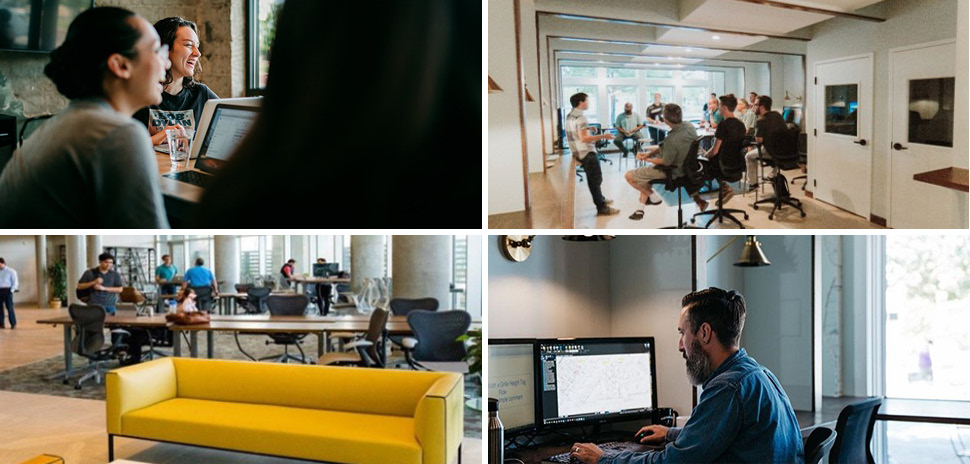
[Photos courtesy of Craftwork Coffee Co.]
SIGNS OF A TREND
Coworking operators continue to look for ways to add value beyond the basic coworking space amenities as the marketplace both continues to grow while also becoming more competitive. Late last year, Common Desk founder Nick Clark got into the coffee business with the acquisition of Method Coffee, which has since rebranded to Fiction Coffee. At the time of the acquisition, adding a full-service coffee shop to Common Desk’s coworking spaces was seen as a way to stand out from the competition.
Six months after the deal Clark told Dallas Innovates, “The coffee business has been a blast.”
“We’re building a company that’s able to run all of the experiences and amenities inside an office building. Common Desk is the brand servicing the flexible workspace within the project and the coffee brand acquisition allows us to run coffee and beverage services out of building lobbies. We should have a second location to announce for Fiction Coffee in the next month,” said Clark.
“We’re building a company that’s able to run all of the experiences and amenities inside an office building.”
Nick Clark
Common Desk made another move in early April to expand its core business by launching Common Desk Anywhere, a mobile coworking space housed in a vintage 1972 Airstream. Clark said the idea behind the mobile conference room is to give companies an opportunity for what he described as “great work experiences outside the office.” The Anywhere Airstream can be rented by companies for creative breakout sessions and can be set up wherever the company wants. Clark said the Anywhere option hasn’t been heavily pushed to date, but there has been early interest from a couple of companies.
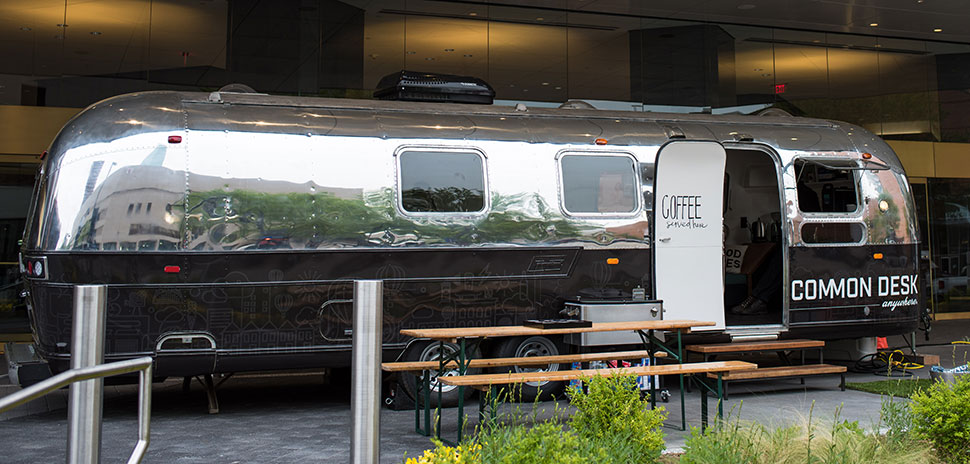
Common Desk’s Airstream turned portable office space sits outside Ross Tower during Dallas Startup Week 2018. [Photo: Michael Samples]
MORE THAN JUST COFFEE
Coffee and coworking might seem like a natural fit, but a college friend of Clark’s visited Common Desk while planning to open a coffee shop in Richardson. Tim Kahle, founder of Communion Neighborhood Cooperative, was not only impressed enough to add coworking to his planned coffee shop, after choosing a location in an old tire shop the concept was expanded to include a full kitchen serving breakfast, lunch, and dinner along with a full bar featuring more than 120 whiskeys.
Communion opened last November with the café open to the pubic coupled with a coworking space that has grown to more than 60 members in its first six months. Kahle said the resulting business has advantages as well as challenges. The key advantage is the café provides a pipeline of prospective members and the coworking members offer customers for the café by inviting clients, colleagues, and friends to see their workspace and enjoy the restaurant at the same time.
“Much of the premise of coworking is that people want to work closer to where they live, eat, travel, etc., and the more services you offer and partner with the stronger the overall experience.”
Tim Kahle
The main challenge, according to Kahle, is the simple logistics of opening and operating two full businesses. The restaurant business is notoriously tough and labor-intensive and coworking as a business model is still young and risky, he said. Another challenge has been educating Communion’s customers about the two concepts with the café fully open to the public and the coworking portion based on membership. Kahle said first time customers have sometimes thought the café required a membership.
He said augmenting coworking spaces with additional services, such as Communion’s full-service restaurant, is a natural business opportunity.
“Much of the premise of coworking is that people want to work closer to where they live, eat, travel, etc., and the more services you offer and partner with the stronger the overall experience,” said Kahle. “A coworking space essentially has a captive audience and the more ways you can make their life easier and more convenient, the better for your brand and the longer they remain members. I think this is a trend we have yet to even tap into. Our society loves, and maybe even craves convenience, and so the ‘easier’ you can make it for them to conduct their business when, where, and how they want, the more successful I think you will be.”
COFFEE? HOW ABOUT A ROOM FOR THE NIGHT
When Joe Payton, president of GeniusDen Business Incubator, bought its Deep Ellum building in August 2014, short term rental lofts were part of the original business plan. GeniusDen opened in March 2015 and along with its coworking space, it included a dedicated Airbnb rental space. It has expanded to now include four lofts built into the building, mailboxes that offer a physical address for Google/Yelp/industry listings, and a coffee/tea shop or juice bar coming soon. Coworking members also have access to riverfront glamping campground in Bastrop, Texas on the Colorado River.
“The Airbnbs make sense at the GeniusDen in Deep Ellum because it’s an old warehouse in Deep Ellum,” said Payton. “We get Airbnb conference attendees, corporate travelers, entertainment tourists that come to see a band they love, and business travelers that specifically want to work out of or host meetings at GeniusDen. We also have GeniusDen members who rent the Airbnb lofts for their team members.”
“I predict coworking will evolve further as building owners get into the industry and build out their own buildings with in-house coworking.”
Joe Payton
He added the loft and office rental businesses are kept independent, and although they support each other they each stand on their own and actually feed the other less than Payton had hoped.
“We may get a 10 percent cross-benefit, but probably less,” he said.
The mailbox business is offered as a starter place for business owners who don’t need to rent office space, but want an address, said Payton. The mailbox members are part of the community, and although the income isn’t a significant percentage of revenue, it is auxiliary to GeniusDen and is part of a strategy Payton described as going for the “net-effect of additive services.”
He sees the coworking business as maturing with some smaller operators closing and factors such as key performance indicators like customer acquisition cost and life time value of customers coming into play. He said operational overhead also favors larger spaces, such as 10,000 square feet and up. What is important, according to Payton, is shared workspaces have to perform on the fundamentals of clean, professional workspaces, kitchens, and conferences from long-term tenants. He said Airbnbs, coffee shops, daycares, gyms, and gardens are “accoutrements to these core requirements.”
“Shared workspace is about more than cool seating and tiny offices with glass walls,” Payton said. “I predict coworking will evolve further as building owners get into the industry and build out their own buildings with in-house coworking.”
READ NEXT
Explore the DFW Coworking Scene in the Dallas-Fort Worth Innovation Guide
Dallas Among Nation’s Best for Flexible Work Spaces, CBRE Says
East Quarter Coworking Space Offers Room for Business Growth
Female-focused The Riveter Plans Coworking Expansion to Dallas
![]()
Get on the list.
Dallas Innovates, every day.
Sign up to keep your eye on what’s new and next in Dallas-Fort Worth, every day.










